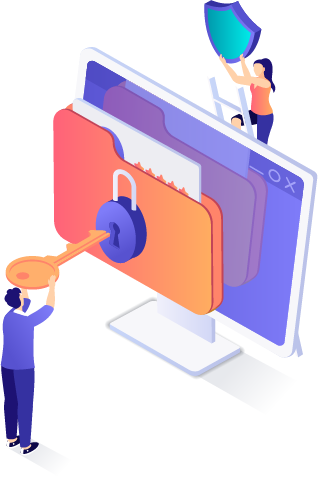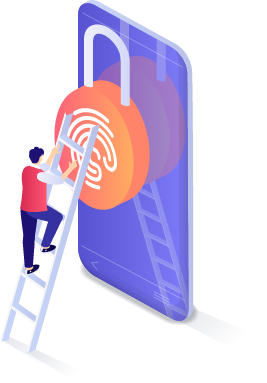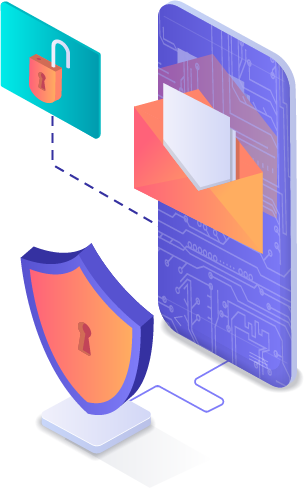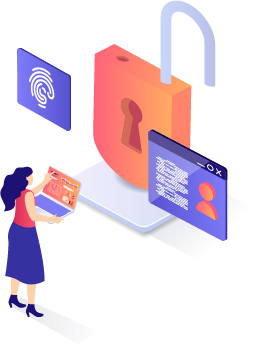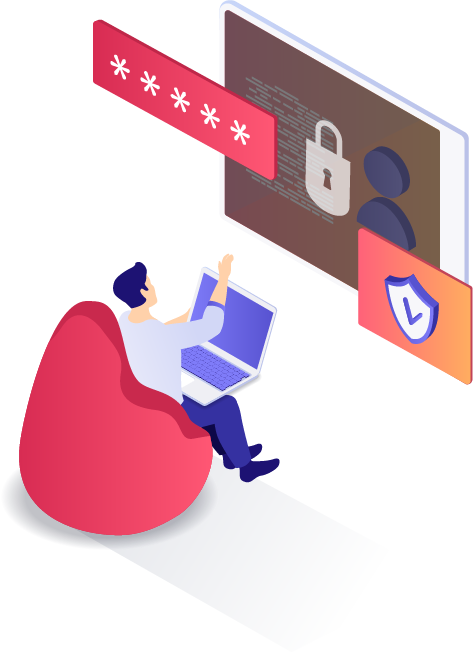Multi-Factor Authentication (MFA) is the process of identifying users by validating more than one “factor” that is unique to that user. This authentication factor serves as a credential used to verify the identity of a person, entity, or system. MFA adds an additional layer of protection and security over general authentication (username / password) to combat one of the most common types of breach—compromised credentials. Without the added layer of MFA security, user identification is extremely vulnerable to a cyber-attack because passwords are still very easy to guess, crack or steal.
The primary benefit of MFA is simple and straight-forward: Implementing MFA across an organization’s Internet-facing assets is one of the most effective ways to prevent unauthorized access to your critical online applications and shared documents (e.g. files, folders, videos, audios, etc.). Additionally, the implementation of MFA into standard operating procedures at the end-user level may address compliance requirements with various industry regulations for accessing specific data or connecting from certain locations.
MFA from Qnectus utilizes a second source of validation, like a phone or token, to verify user identity before granting access. Additionally, MFA can provide a highly secure and streamlined login procedure when paired with our Single Sign-On (SSO) capability. The Qnectus MFA solution is simple and quick to implement and, as a cloud-based solution, it integrates easily with your existing technology.
In summary, Qnectus MFA provides a very compelling value proposition
- Verify authorized user identities in seconds
- Protect any application on any device
- Deploy easily and quickly in any environment

